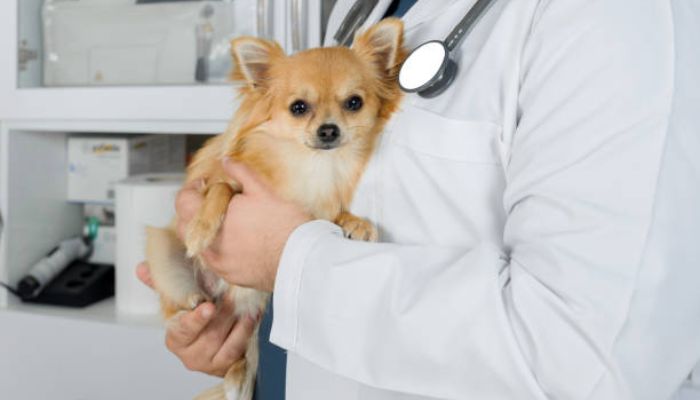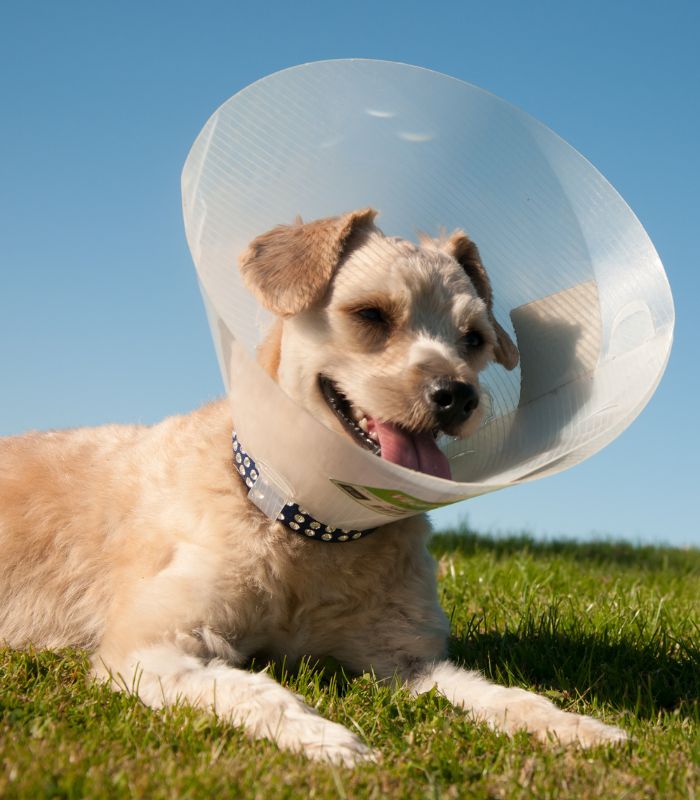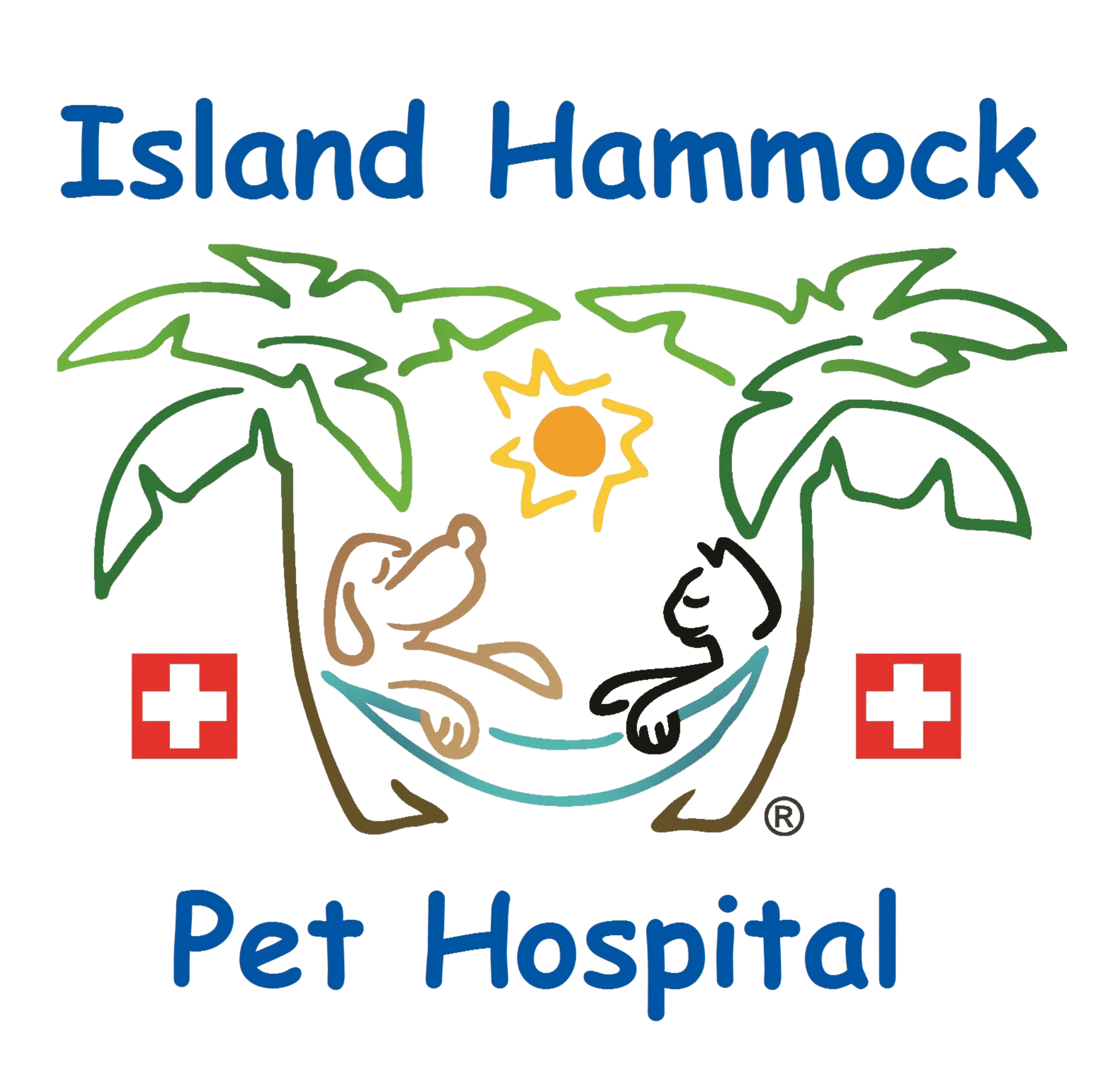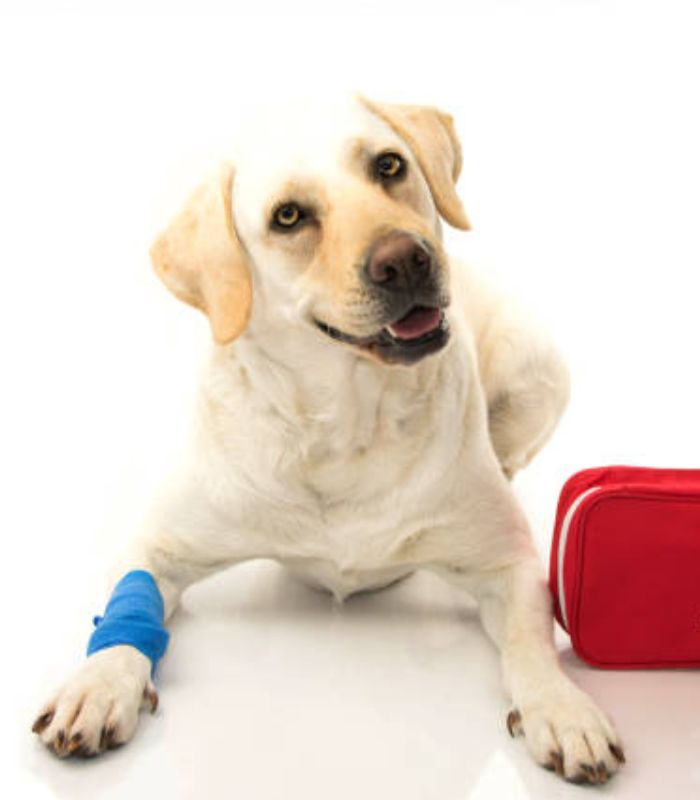Pet Surgery
The wellbeing and security of your pet come first.

Surgery for Dogs and Cats in Key Largo, FL
At Island Hammock Pet Hospital in Key Largo, we adhere to the highest standards in surgical care. Our animal hospital is AAHA-accredited, which means that all of our surgery protocols comply with the safest, most advanced practices recognized by the American Animal Hospital Association. Your pet’s well-being is always our foremost concern, and our veterinarians and staff take every precaution to ensure their procedure goes smoothly. We have the ability to provide a wide variety of surgical services to improve the health and longevity of our dog and cat patients.
Call us today at (305) 852-5252 to schedule your pet’s surgery, or…
How Our Hospital Makes Surgery Safer for Pets
Our surgical ward is equipped with all of the most up-to-date technology to support our veterinary team in every procedure they perform, including:
- State-of-the-art biological monitors
- Anesthesia equipment
- High-illumination LED lighting
- Surgery-specific facilities
We also have an HVAC system that helps us keep the surgical ward clean and free of contaminants.
Need Specialty Surgery for Your Dog or Cat?
If your pet needs an advanced surgical procedure or extensive hospitalization that our vets cannot provide, we would be happy to refer them to a board-certified surgeon at one of our preferred referral hospitals in Miami.
For more information about referrals, call (305) 852-5252.
Our Surgical Services
We can provide numerous routine and elective surgeries for dogs and cats, including:
- Spay and neuter
- Mass/tumor removal
- Skin tag/growth removal
- Wound/laceration repair and debridement
- Bladder stone removal (cystotomy)
- Dentistry and tooth extractions
- ….and more!

Spay and Neuter Services for Dogs and Cats in Key Largo, FL
Our veterinarians in Key Largo recommend that everyone spay and neuter their pets to keep them healthy and prevent unplanned litters. Spaying and neutering are the most effective and humane methods for reducing stray animal overpopulation, and in turn can help keep shelter numbers under control. This makes for a healthier, happier pet population overall, and we’re glad to contribute in any way we can to the successful rehoming of shelter pets.

Common Myths About Spaying and Neutering
At Island Hammock Pet Hospital, everything we do is in your pet’s best interest. We would never recommend a procedure that would give your pet anything less than the best quality of life possible. However, there are some common misconceptions surrounding spay and neuter surgeries that we would like to address.
My pet should have at least one litter before being spayed.
Spaying/neutering my pet will make them gain weight.
Spaying/neutering is too expensive.
When Should My Pet be Spayed/Neutered?
Your pet’s spay or neuter surgery should be scheduled when they are around 6 months of age. Timing can vary, however, if your pet has an underlying issue or their skeleton hasn’t quite finished developing. Large breed dogs, such as Great Danes, are usually spayed and neutered around 1 year old. Spaying or neutering too early can affect your pet’s growth and lead to skeletal issues.
On the other hand, waiting too long can put your pet at a greater risk for:
- Ovarian and uterine cancer (females)
- Pyometra/uterine infection (females)
- Testicular and prostate cancer (males)
Call us today at (305) 852-5252 if you would like more information, or need to make an appointment.
Veterinary Services
Below are all of the veterinary services we offer at Island Hammock Pet Hospital. If you have any questions regarding our services, please feel free to call us.

